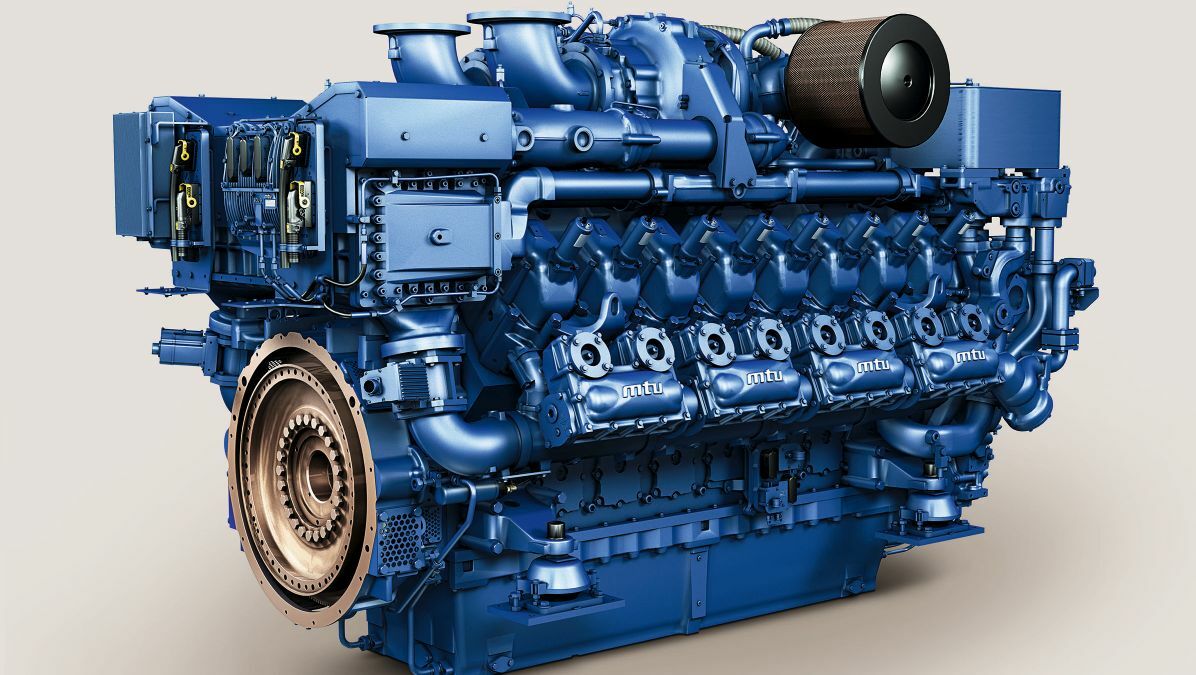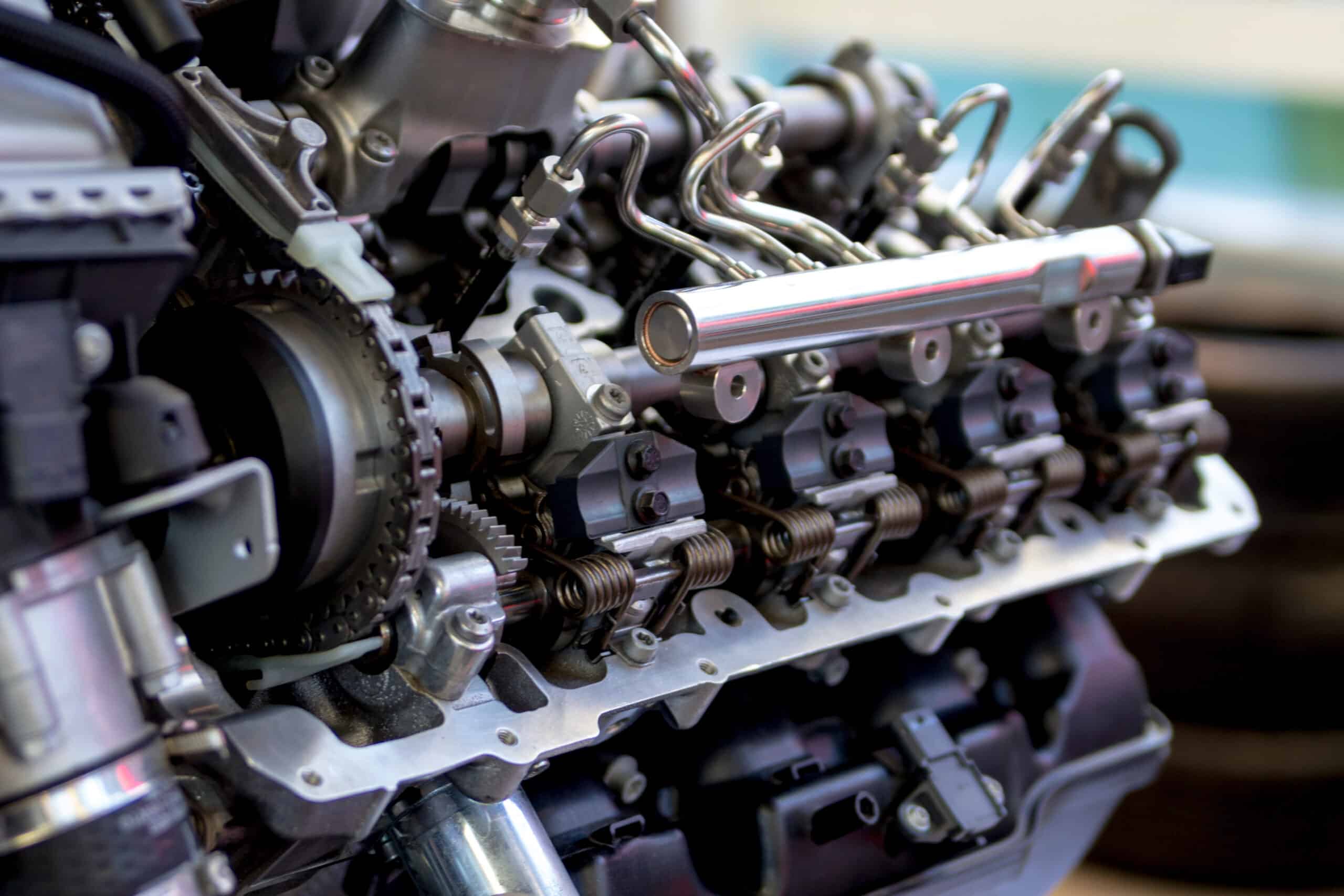Explore a Vast Array of Engines for Every Automobile and Objective
The auto landscape is increasingly complex, with a diverse range of engine types developed to satisfy certain performance and effectiveness demands across different car classifications. From the high-performance engines that power cars to the fuel-efficient options customized for day-to-day commuting, the choices are substantial and varied. Furthermore, sturdy engines serve the demands of work lorries, while environment-friendly alternatives are getting traction in the quest of sustainable transport. Recognizing these distinctions is essential for making informed decisions, particularly as arising technologies proceed to shape the future of auto engineering. What implications might these advancements hold for producers and consumers alike?
Types of Automotive Engines
Automotive engines can be classified into a number of distinct types, each created to meet details performance and effectiveness requirements. The most usual categories consist of inner combustion engines, electrical engines, and hybrid systems.

Electric engines, on the other hand, operate electrical power stored in batteries, providing immediate torque and zero discharges. These engines are becoming progressively popular because of innovations in battery innovation and the expanding focus on sustainability.
Crossbreed systems incorporate both inner burning and electric engines, making it possible for cars to optimize gas efficiency and minimize exhausts by effortlessly switching in between source of power. Each engine kind presents its drawbacks and advantages, affecting variables such as car layout, intended use, and market demand. Understanding these distinctions is important for consumers and makers alike when picking the proper engine for their details demands.
Efficiency Engines for Sports Cars
Performance engines for sports vehicles are particularly crafted to deliver boosted speed, agility, and power, establishing them aside from standard automotive engines. These engines usually utilize innovative modern technologies such as turbocharging, turbo charging, and variable shutoff timing to make the most of performance and responsiveness.
Commonly, efficiency engines are created with higher compression ratios, which allow for greater energy extraction from fuel. This leads to excellent horsepower and torque figures, enabling rapid velocity and higher full throttle. Additionally, the lightweight products used in these engines, such as aluminum and carbon fiber, contribute to reduced total vehicle weight, improving handling and maneuverability.
Engine configurations like V6, V8, and even hybrid systems prevail in performance cars, each offering one-of-a-kind advantages in regards to power shipment and driving dynamics. The tuning of these engines is additionally important; lots of makers optimize the engine monitoring systems to supply a thrilling driving experience, usually including sporting activity settings that adjust throttle action and gear changes.
Efficient Engines for Daily Commuters
In the world of daily commuting, efficient engines play an essential duty in optimizing gas economic climate and lessening discharges while supplying trusted performance. As metropolitan populaces expand and environmental problems intensify, the demand for cars equipped with effective powertrains has actually surged.
Modern engines created for daily commuters typically include technologies such as turbocharging, straight fuel injection, and crossbreed systems. Turbocharging improves engine effectiveness by compeling even more air right into the burning chamber, permitting smaller, lighter engines that do not jeopardize power outcome. Direct gas shot boosts fuel atomization, resulting in much better combustion and raised efficiency.
Crossbreed engines, incorporating interior combustion with electric power, further increase fuel economic situation, specifically in stop-and-go website traffic, where standard engines can deal with inefficiencies. Electric motors assist during velocity and can operate individually at reduced speeds, decreasing overall gas usage.
Additionally, developments in engine management systems and light-weight materials add dramatically to efficient engine design. By concentrating on efficiency, toughness, and environmental sustainability, makers remain to supply engines that not only satisfy the needs of daily commuting however also align with global initiatives to lower carbon footprints.
Heavy-Duty Engines for Job Vehicles
Heavy-duty engines for work automobiles are routinely engineered to deliver extraordinary torque and reliability under demanding conditions. These engines are designed to execute in environments where standard engines might falter, such as building websites, logging operations, and agricultural setups. The primary emphasis of durable engines is their ability to create high levels of power while preserving sturdiness over extended durations of operation.
Usually, heavy-duty engines utilize sophisticated products and durable building techniques to hold up against the rigors of hefty workloads. Attributes such as strengthened cyndrical tube blocks, improved air conditioning systems, and advanced fuel shot innovations add to their efficiency. These engines often run at reduced RPMs, which assists to maximize fuel effectiveness while providing the required power for carrying and towing.
In enhancement to mechanical robustness, durable engines are usually geared up with innovative electronic control systems (ECUs) that take care of performance, emissions, and diagnostics. This combination permits better surveillance and upkeep, making sure that job lorries remain reliable and functional.
Ultimately, heavy-duty engines are a crucial component in the productivity of various industries, supplying the essential power and integrity to take on the toughest of tasks.
Eco-Friendly Engine Options
The growing emphasis on find sustainability has resulted in the growth of green engine options that prioritize reduced emissions and improved fuel performance. These engines are created to decrease the environmental effect of automobiles while still providing the performance and reliability expected by customers.
Amongst one of the most remarkable eco-friendly options are hybrid and electric engines. Crossbreed engines integrate conventional internal combustion engines with electrical propulsion, permitting minimized fuel usage and lower greenhouse gas exhausts. Electric engines, on the various other hand, operate entirely on battery power, producing absolutely no tailpipe exhausts and adding to cleaner air quality.
An additional appealing development is the innovation of biofuel engines, which use renewable energies, such as plant products, to power cars (Engines For Africa). By utilizing biofuels, these engines can lower reliance on nonrenewable fuel sources and reduced general moved here carbon footprints

As the automotive sector develops, environmentally friendly engine options will certainly play a vital function in driving the transition in the direction of even more sustainable transport solutions.
Verdict
The automobile sector supplies a diverse variety of engines developed to fulfill various lorry needs and objectives. From high-performance engines that enhance sporting activities vehicle capacities to efficient versions prioritizing gas economy for everyday commuters, each type offers a specific function. Sturdy engines deal with robust job vehicles, while green alternatives, such as electrical and biofuel engines, advertise sustainable transportation. This extensive variety makes sure that all driving requirements are resolved, contributing to innovations in automobile modern technology and environmental stewardship.
